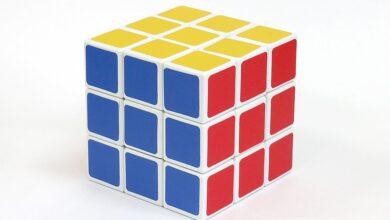The Role of Puzzle Games in the Development of Children

One of the most prominent benefits of puzzle games is their ability to improve problem-solving skills. When children engage in puzzle-solving activities, they are presented with a problem that needs to be solved. This involves critical thinking, logical reasoning, and strategizing. As they work through the puzzle, they learn to analyze the situation, consider different possibilities, and test various solutions until they find the correct answer. This process helps to sharpen their problem-solving abilities, which can be applied to real-life situations as they grow and develop.
Puzzle games also have a positive impact on a child’s cognitive development. They help improve memory, concentration, and attention to detail. These games often require children to remember specific patterns, shapes, or colors, and to focus their attention on different aspects of the puzzle. Additionally, completing a puzzle provides a sense of accomplishment and boosts self-confidence, which further motivates children to continue engaging in intellectual activities.
Furthermore, puzzle games foster creativity and imagination in children. Many puzzles have vibrant and engaging designs, which allow children to explore different worlds, scenarios, and ideas. This stimulates their creativity and encourages them to think outside the box. They can become engrossed in the puzzle, imagining their own stories or creating their own mini-games within the puzzle itself. This creative thinking nurtures their imagination and helps develop crucial skills that can be applied in various aspects of their lives.
In addition to these individual benefits, puzzle games also have social benefits. They can be enjoyed together with family or friends, promoting social interaction and cooperation. Solving puzzles with others encourages communication, collaboration, and teamwork. Children can discuss strategies, share insights, and work together towards a common goal. This not only enhances their social skills but also teaches them the value of working together and respecting others’ opinions and contributions.
It is important to note that puzzle games should be age-appropriate for children. Different puzzles cater to different age groups, ensuring that children are appropriately challenged and engaged. This ensures that they are able to reap the maximum benefits from the puzzle-solving experience.
In conclusion, puzzle games play a vital role in the development of children. They enhance problem-solving skills, improve cognitive abilities, nurture creativity and imagination, and promote social interaction. These games are not only entertaining but also provide countless learning opportunities. So the next time you see your child engrossed in a puzzle, know that they are not just having fun, but also enhancing important skills that will benefit them throughout their lives.





